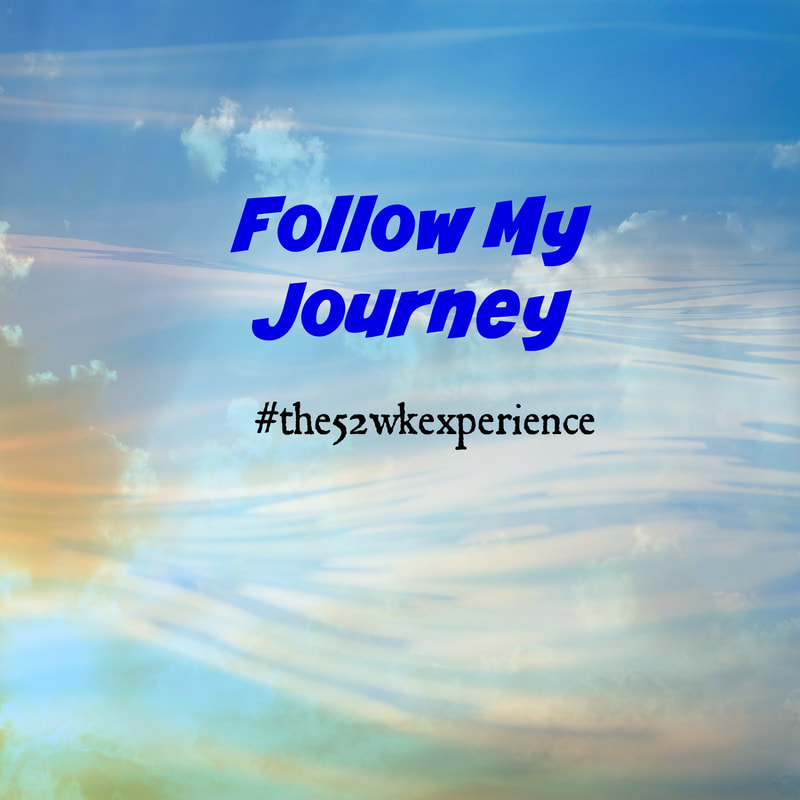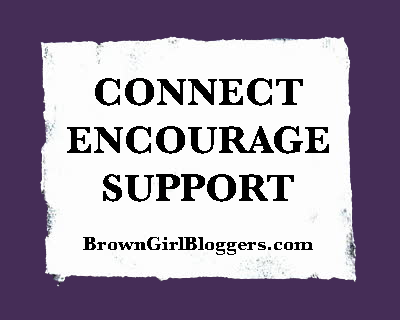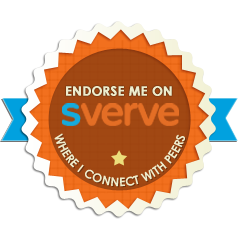|
I've blogged about the pros and cons of social media before but this post focuses more on the problems with social media. If you are a brand, social media has to be a part of your marketing strategy. It's the world we live in. But there can be some challenges with relying solely on social media: 1. You must select the right platform. All social media platforms are not created equal. You do not have to be on EVERY platform. Select the platform that will reach your desired target audience and focus on engaging and building a community within that platform. 2. There is a lot of noise and distraction. One of the downfalls of using social media for marketing and promotion is that you get sucked into the never ending social media vortex. You can waste valuable time on social media platforms just looking through posts for inspiration and end up totally off track and forgetting why you logged on in the first place. 3. It is TIME CONSUMING. Noise and distractions aside, it takes time to build a following on social media and post relevant content. This time takes you away from perfecting your product or service. Even with tools like Hootsuite where you can schedule posts, you still have to engage with your followers and you can end up in that vortex I spoke of.
4. It is such a quid pro quo environment. Most people only follow you if you follow them back and while this helps your numbers it doesn't always help your engagement or your sales. I would rather have 100 people who are really interested in what I have to offer than 1,000 people who never like, comment or subscribe! 5. Everybody is a critic! If you have thin skin, social media is NOT for you. No matter how much you lament over a post or try to perfect an entry there will be someone who catches that you placed a comma in the wrong place or they will fact check you. Or worse they will offer up nothing constructive and just complain that they don't like your post (or you). This can take away from your message and cause people to question your credibility, To minimize these issues you just need to determine what platform will work best for you, post consistently and work on delivering quality content.
0 Comments
I always dreaded when the teachers would place us in groups on projects in school because you would always have the person who wanted to be in charge, the person who never did their share of the work or the person who was always indecisive and totally useless when it came to brainstorming and making decisions. It made the project a lot more stressful than it had to be and the end result would often be a mishmash of mediocrity- just enough to pass.
Real life collaborations will follow this same path if you're not careful. Here are five tips for guaranteeing strong collaborations: 1. Determine what role everyone will play before you get started. Will there be a leader? Will responsibilities be shared? Make sure everyone is on board and understands their role. 2. Set deadlines and stick to them. Make sure everyone takes the project seriously and is committed to meeting the deadlines. 3. Be open to explore ideas and opinions different from your own. One of the biggest issues with collaborations is people aren't willing to consider ideas that are not their own or things that they aren't familiar with. You can't stay nestled in your comfort zone if it's going to stifle the growth of everyone else involved. 4. Learn to communicate effectively. Set meetings and times to chat face to face to (or on the phone) to discuss the progress of the project. Emails and text messages often lead to miscommunication. Watch your tone and remain respectful but also don't bite your tongue if there is something you're concerned about. 5. Check your ego at the door. When you are working on a collaborative project remember it's NOT ABOUT YOU. So many people get caught up in titles and credit instead of working to do their best to make the collaboration or project successful. I saw a post on Instagram the other day that said: "We're getting too old to be telling folks who know what they did wrong, that they did something wrong. Let them go and move on." At first I thought that was kind of harsh and then I thought about it. . . .how many times have you forgiven someone or let something slide that someone did or said to you but they never apologized for their behavior?
It's happened to me quite a few times AND whenever I mentioned the behavior to the person in question they managed to find a way to make themselves the victim. I can't deal with people like that. Seriously. I believe in owning your mistakes, taking responsibility, apologizing and working to making things better. But there are some people who will NEVER admit they are wrong nor do they feel like they should have to apologize because you were "in your feelings". Having those type of people in your life will always be the source of conflict and frustration, which will distract you from your goals. So yeah, I totally agree with that post- Let 'Em Go. Move On. Dialogue is one of the most important elements of a story, in my opinion. I know some people would disagree and say plot or setting is crucial. But for me it has always been about dialogue. I love being able to give my characters an actual voice to say things and express themselves in ways that I wish I could! And in ways that hopefully allow the reader to connect with the story. I like dialogue with witty banter and informed opinions. I usually start writing with dialogue and build the rest of the story around a conversation between two characters. I think this process could be useful in real life as well. Often all it takes is a little bit of dialogue to spark a conversation about life, to apologize, to clear misunderstandings, to state intentions or to begin a relationship. The culprit for lack of communication today is technology. It's so easy to email or text or even send a DM on social media that we neglect to really TALK to one another and the result is sometimes disastrous: We often tell little children to "use their words" instead of non-verbal clues like pointing whining or crying when they want something. I think it's time adults start following this same bit of advice.
|
Writer. Reader. Designer. Creative Spirit.
“I would advise anyone who aspires to a writing career that before developing his talent he would be wise to develop a thick hide.”
—Harper Lee Book Recommendations
TribesArchives
November 2017
Categories
All
|







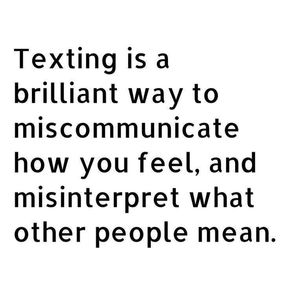

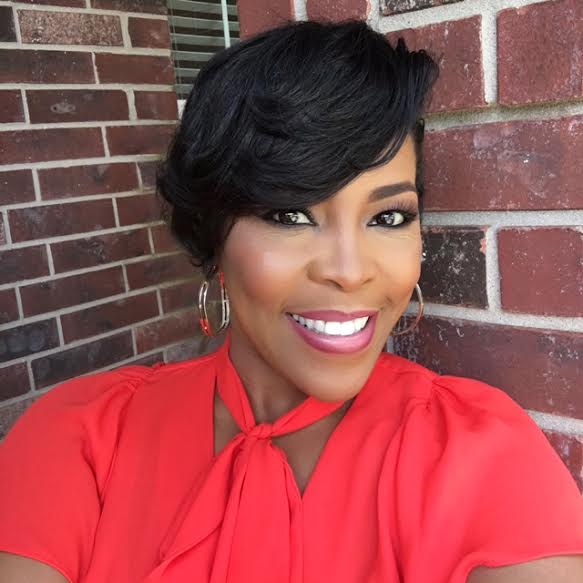

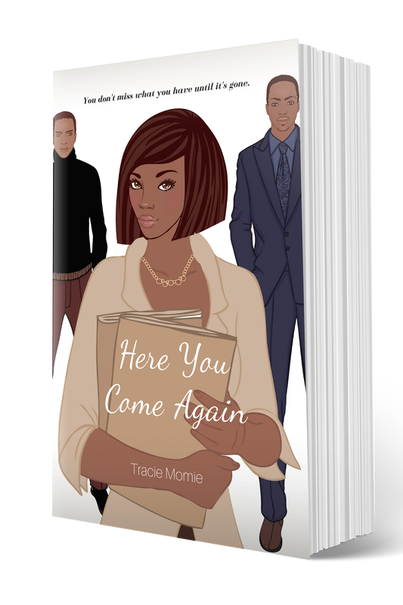
 RSS Feed
RSS Feed


